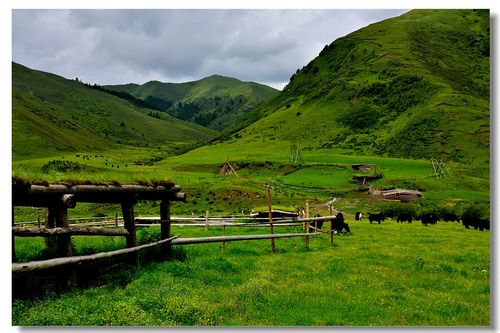Preserving Oneida Cultural Heritage for Future Generations
The Oneida Nation, one of the five tribes that form the Iroquois Confederacy, has a rich and vibrant history dating back more than 800 years. From their original homeland in upstate New York to their current reservation in Wisconsin, the Oneida people have faced many challenges and triumphs. Preserving the Oneida cultural heritage for future generations is a vital aspect of their community’s identity, and it requires a concerted effort from all members and allies of the tribe.
The Importance of Cultural Heritage Preservation
Cultural heritage represents the essential traditions, customs, languages, and beliefs of a community. It serves as a crucial component of a community’s identity and defines its social cohesion. For the Oneida people, cultural heritage preservation is necessary to pass on their unique traditions to future generations and maintain their sense of community and belonging. It also provides a link to their ancestors and serves as a reminder of the injustices and suffering that their community has faced throughout history.
The Challenges of Preserving Oneida Cultural Heritage
Preserving cultural heritage is not an easy task. It requires a deep understanding of the community’s traditions, customs, and values. It also demands a great deal of effort, resources, and time. As the Oneida Nation has moved away from its ancestral land and experienced periods of political marginalization, the challenge of preserving cultural heritage has become even more significant. Modern technology and societal changes have also impacted the Oneida culture, making it even more critical to preserve the traditions and values of the community.
Fortunately, the Oneida Nation has made significant strides in preserving its cultural heritage. The tribe has established educational programs, cultural centers, and language programs that teach the next generation about the Oneida language, traditions, and customs. They have also maintained the longhouse tradition, a place for spiritual and social gatherings that serve as the foundation of the community. By doing so, the Oneida Nation has demonstrated that preserving cultural heritage is not only essential but also achievable.
The Role of the Community in Preserving Cultural Heritage
Preserving cultural heritage is not solely the responsibility of the tribe’s leaders; every member of the Oneida community plays a crucial role. The community must recognize the value of its cultural heritage and take an active part in preserving it. Members of the community should actively participate in cultural events, teach their children the Oneida language, support cultural and educational programs, and maintain the longhouse tradition. Additionally, the Oneida Nation must work alongside allied communities to advocate for the preservation of cultural heritage.
Conclusion
Preserving Oneida cultural heritage for future generations is crucial for maintaining the community’s identity and sense of belonging. The Oneida Nation’s efforts to preserve cultural heritage demonstrate that it is an achievable task, but it requires a collective effort from the community and its allies. The preservation of cultural heritage is not only a moral responsibility but also a legal obligation outlined in the United Nations Declaration on the Rights of Indigenous Peoples. By working together, the Oneida Nation, and other communities can ensure the preservation of their cultural heritage for generations to come.
(Note: Do you have knowledge or insights to share? Unlock new opportunities and expand your reach by joining our authors team. Click Registration to join us and share your expertise with our readers.)
Speech tips:
Please note that any statements involving politics will not be approved.
